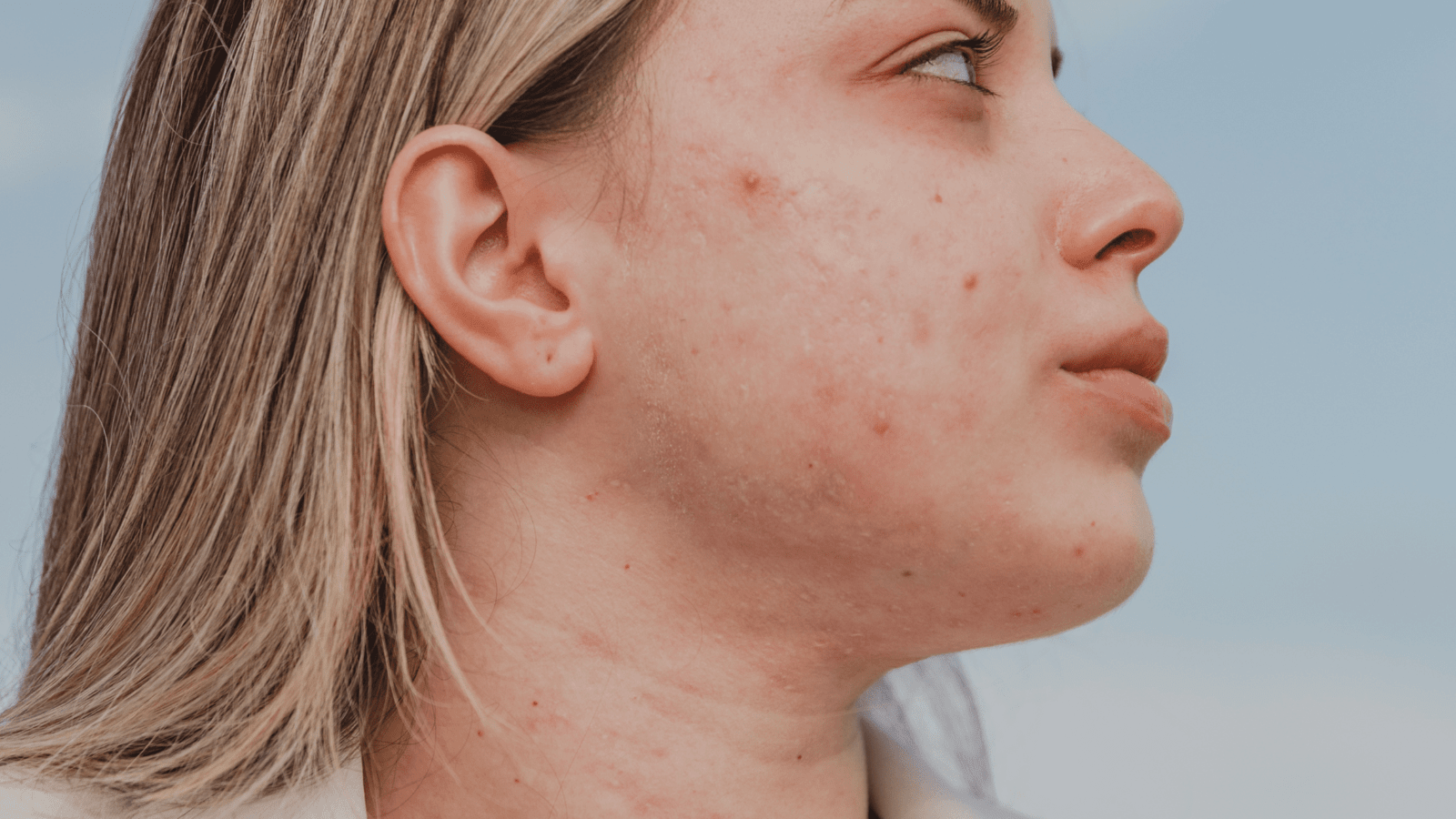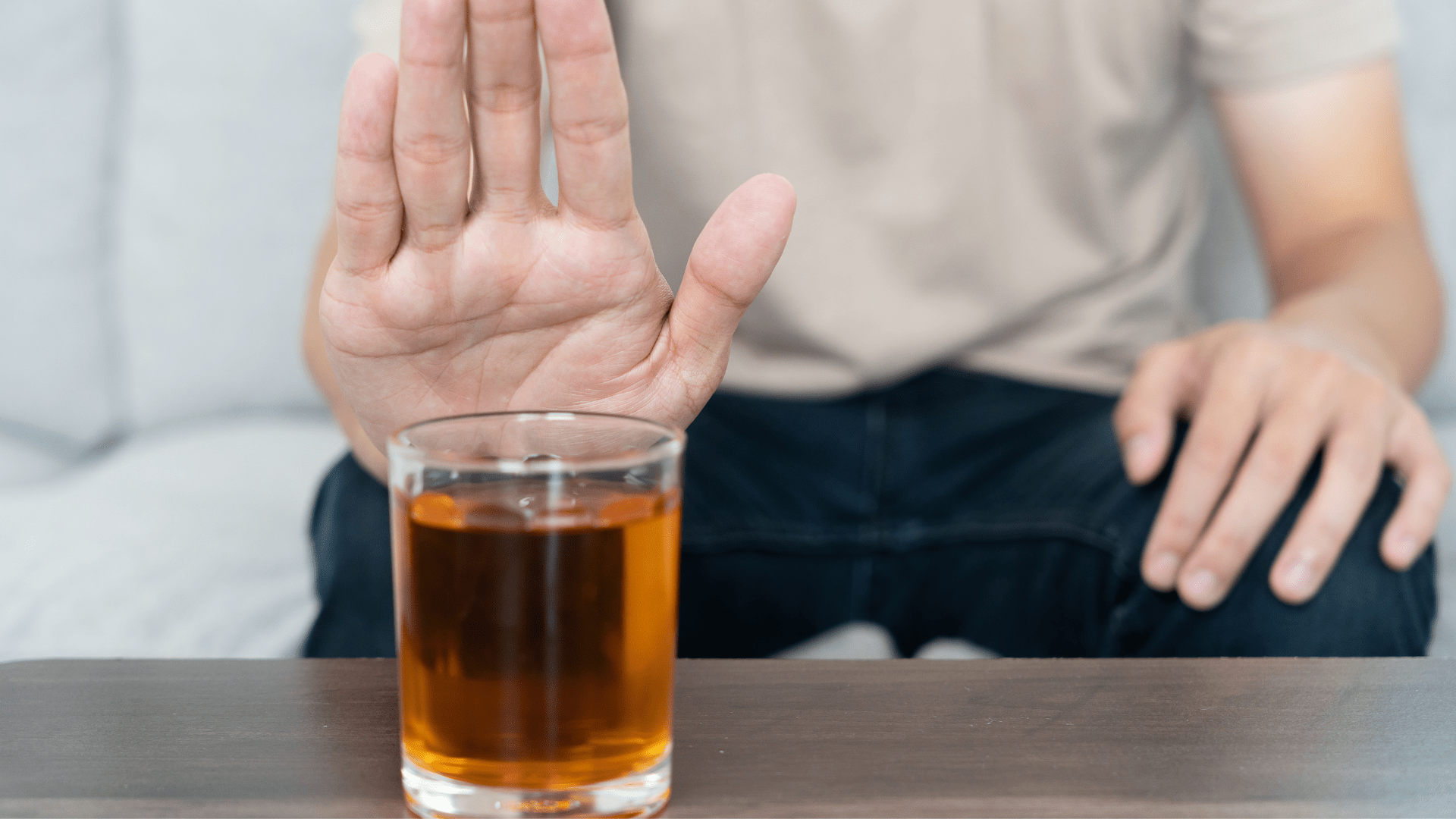The Dangers of Combining Accutane and Alcohol

- Accutane helps reduce sebum production and is used to treat severe, recalcitrant nodular acne that has not responded to other treatments, including antibiotics.
- Accutane is well-documented to cause serious fetal abnormalities in the first trimester of pregnancy.
- Alcohol is a classified human carcinogen that can cause symptoms of euphoria and a lowering of sexual inhibitions.
- Combining alcohol and accutane leads to various side effects such as liver toxicity.
- It is not recommended that you combine alcohol and accutane.
What Happens When You Combine Accutane and Alcohol?
Accutane and alcohol are two different substances users ingest for widely divergent reasons. Because they are so different, some people may not think to exercise caution when they decide to consume alcohol while on Accutane.
The consequence can be detrimental to your health and/or the health of a developing fetus if you have child-bearing potential.
What is Accutane?
The active ingredient in Accutane is the synthetic retinoid “isotretinoin.” First approved by the United States FDA in 1982, accutane is an oral dermatological medicine indicated for the treatment of severe acne. Acne is normally experienced beginning at the onset of puberty and is a skin condition that involves clogged hair follicles.
In the context of acne, hyperkeratinization refers to the abnormal shedding of dead skin cells, which can mix with excess sebum and contribute to the blockage of hair follicles, leading to the formation of comedones, a hallmark of acne.[1]
There are many serious adverse fetal disabilities in the first trimester of pregnancy that have been documented while taking Accutane.[2] As such, it comes with a “black box” warning in which users pledge not to get pregnant. They also must get tested for pregnancy every month to receive subsequent doses.
Nevertheless, accutane is widely prescribed as an effective drug for treating persistent acne when topical steroid treatments don’t work.[3]
What Happens When You Take Accutane?
When you take Accutane, you should experience less oil production; over time, your skin health should improve. Accutane is a potent vitamin A derivative that dries out your sebaceous glands, which otherwise produce too much oil, thus normalizing keratinization.
It has an unnaturally high level of a common vitamin, A. The recommended daily allowance of vitamin A for adult men and women (age 19-50) is around 700-900 mcg RAE.[4]
While its exact mechanism of action is unknown, it may act through the retinoid acid receptors.
Side Effects of Taking Accutane
There are both mild and severe side effects of taking Accutane. Common side effects include dry lips, nose, mouth, and eyes.[5] These are all composed of mucous membranes, and they can all be affected by Accutane.
Sun sensitivity is likewise well-documented. Users also have reported bone pain, muscle aches, back pain, hair thinning, and skin infections.
Severe side effects include extensive fetal abnormalities in the first trimester of pregnancy. As such, people must sign pledges not to become pregnant during pregnancy and for some time after the completion of therapy due to the high risk of severe fetal abnormalities.
What Is Alcohol?
Alcohol is a byproduct of fermentation, wherein yeast converts sugar into alcohol. To drink in moderation, the CDC issued guidance for adult men to drink 2 drinks or less per day and adult women to drink 1 drink or less per day.[6] It must be cleaned out by your liver.
The US Department of Health and Human Services lists alcohol as a known human carcinogen.[7] One study found that people who consume excessive amounts of alcohol lived about 24 to 28 years less than their peers.[8] Mixing alcohol with other substances is never recommended.
What Happens To Your Brain When You Drink Alcohol?
Alcohol is thought to influence GABAA receptors in your central nervous system.[9] Once activated, these ion channels decrease the excitability of your neurons.
Since neurons carry messages from cell to cell, as the speed they travel slows down, so will your ability to react to outside stimuli. This impulse depression is why some people stumble, slur, and cannot make fine motor movements after drinking alcohol.
What Are The Effects of Taking Alcohol?
Although alcohol is officially a depressant, the first effects you may experience could be similar to a stimulant.
Initially, you may experience euphoria, a sense of belonging, and increased confidence. You may feel like you can think faster due to the fact that alcohol may reduce inhibitions and the perception of social and environmental cues, which can be mistaken for increased cognitive speed. During this time, your sexual inhibitions may also become relaxed.
But not too long will pass before the true effects of alcohol begin to play out. Your thoughts will slow down, and your respiratory rate will, too. Your reaction times will slow down. If you consume enough alcohol, you may even lose consciousness and suffer from respiratory depression and death.
The Consequences of Drinking Alcohol While Taking Accutane
The damage alcohol causes to the liver is well-documented. The liver is the organ responsible for cleaning the alcohol toxin out of your body. Each time it filters alcohol out, some cells die.
If alcohol consumption is infrequent, the cells could regenerate, and the liver could resume normal functioning. But, if the drinking is frequent, the liver does not have the chance to recover, and the damage can start to compound.
Isotretinoin, the active ingredient in Accutane, is not stored in the liver but has been associated with liver abnormalities in 15% of patients on the medication.[10] Most of these injuries are asymptomatic. Or, in rare cases, the liver injury causes slight discomfort but ultimately is transient.
While severe liver injury from Accutane is rare, cases of permanent liver damage have been reported, albeit infrequently. Taking Accutane and alcohol together may increase the risk of liver damage compared to consuming either substance alone.
The combination of drugs and alcohol can heighten the likelihood of developing alcohol use disorder (AUD). Mixing alcohol with other substances, like Claritin or Benadryl, is also not recommended for similar reasons.
Treatment for Alcohol Abuse Disorder
Do not let alcohol control your life. If you are taking Accutane and cannot stop consuming alcohol, there is hope. Our nearby treatment center can help you recover from your dependence on alcohol and make firm strides toward a life in recovery.
Located in New Jersey and Tennessee, we have an expert team of industry providers, flexible treatment programs, evidence-based therapies, and group and peer support. Families have trusted us for many years to help get their loved ones back on their feet.
Stay Safe and Do Not Combine Alcohol and Accutane
The risks are simply too great. Always practice safe sex while on Accutane to mitigate against the chances of becoming pregnant, as severe fetal abnormalities in the first trimester of pregnancy are common. If you have an alcohol use disorder, seek treatment immediately. If you have questions about the process, contact us; we’ll gladly help.
Frequently Asked Questions About Combining Accutane and Alcohol

